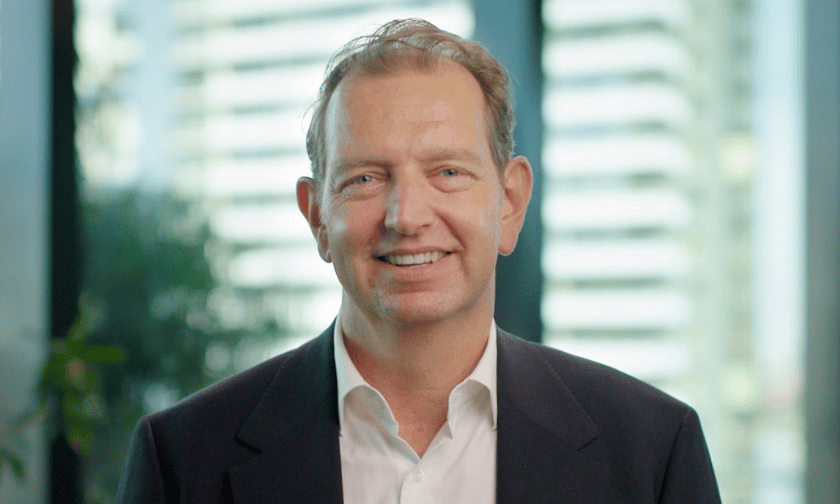

Medibank CEO David Koczkar has called for a unified approach to address the shifting healthcare needs of Australia, emphasising the importance of collective action to maintain the country’s high health standards.
Koczkar (pictured) highlighted Australia’s notable health achievements, including the development of the cervical cancer vaccine, spray-on skin, and the cochlear implant.
“But to keep it that way for all of us, we must invest in the health transition,” he said. “The challenges in healthcare are well known.”
Koczkar noted numerous challenges facing the Australian healthcare system, such as:
“Changing demographics are one of the biggest drivers, with the number of people over 65 in 2050 to be almost three times what it was in 1970. And we are not looking after ourselves as we could, with half of all adults now living with at least one chronic condition,” Koczkar said.
He warned that without intervention, the government’s healthcare spending could rise by nearly 50% of GDP in the next four decades, with hospital expenditures growing the fastest. While hospitals are essential to the healthcare system, there is an over-reliance on expensive acute hospital treatments instead of more cost-effective settings.
The pandemic has exacerbated these challenges, inflating hospital costs. Medibank has supported hospital partners with substantial financial assistance. However, private hospital bed capacity has grown ahead of demand, with only about two-thirds currently in use, a result of capital investment decisions made years ago.
Koczkar noted that customers are increasingly opting for treatments outside traditional hospital settings, such as primary care, day hospitals, and home-based care.
“From our patient surveys, we know that most people don’t want to go to a hospital if they can avoid it, and where clinically appropriate, these new models are better for patients and are better for the affordability of the system,” he said. “Like Medibank customer Leanne, who through our Better Knee, Better Me program (designed to help manage painful knee osteoarthritis and potentially avoid a knee replacement) lost 25kg on the program while travelling around Australia in her caravan with her husband Terry.”
Koczkar called for a shift from a hospital-centric system to a comprehensive health system and a more proactive approach to health.
“Australia spends more than $38 billion annually on care for people with chronic health conditions, yet more than a third of the chronic disease burden is preventable. As we know, prevention is often better than cure,” he said. “This health transition has started. The structural changes are big and complex, and they require a fundamental and long-lasting shift in our approach.
“And it could make a huge difference to how we care for Australians, with the potential for around 1.7 million people each year to be treated in settings that are better for them and more efficient for the system – with the acute hospital capacity available for those that really need it.”
He also called for faster action to meet Australians’ needs and expectations, offering greater choice and control over healthcare decisions.
“And with cost-of-living pressures biting, to expect consumers right now to foot the bill for decisions of the past doesn’t just seem unfair; it’s wrong,” he said.
Koczkar urged the public and private sectors to collaborate for a sustainable health system, referencing the cooperative efforts during the pandemic as a model for future action.
“The path to create a better future is clear, but we simply can’t go fast enough. Our country deserves that,” he said.
